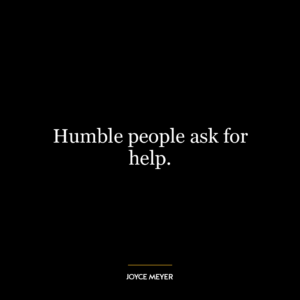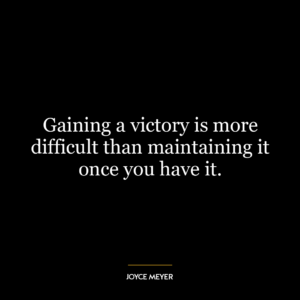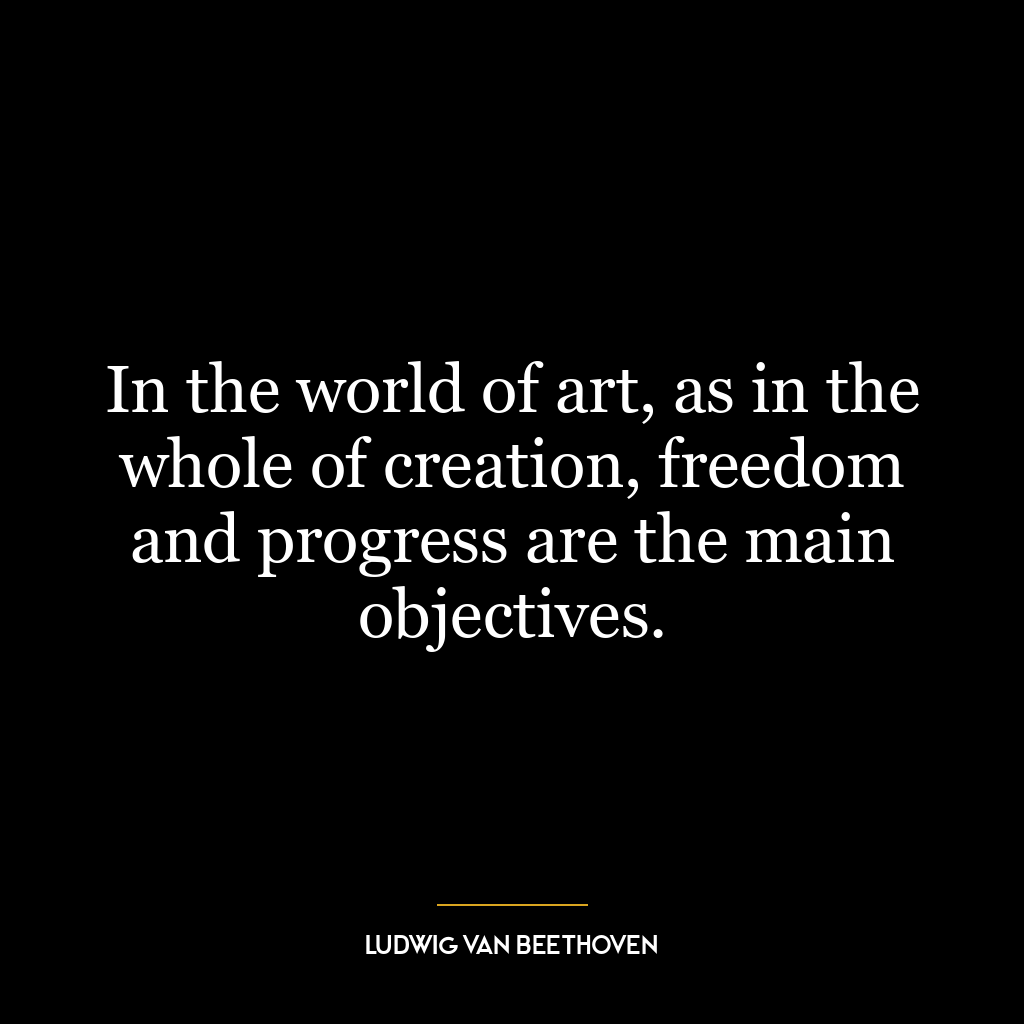This quote suggests that grace is not an excuse or a license to engage in wrongdoings, thinking that forgiveness is guaranteed. Instead, it’s the strength and ability to lead a moral and righteous life. Grace here can be seen as divine help or strength given through God’s love and mercy.
The idea of grace being the power to live a holy life implies that grace is transformative. It changes us from the inside out, enabling us to overcome our weaknesses and human failings. It empowers us to resist temptations and choose right over wrong, good over evil.
In today’s world where moral relativism often blurs the line between right and wrong, this concept of grace calls for personal responsibility towards ethical living. Rather than exploiting grace as an easy pass for misdeeds, we should see it as spiritual empowerment aiding our journey towards self-improvement.
In terms of personal development, this idea encourages individuals not just to avoid wrongdoing but also actively strive for righteousness. Grace in this context becomes a catalyst for positive change leading one on the path of continuous growth and improvement.
It underlines the importance of integrity – doing what is right even when no one is watching because you’re empowered by something greater than societal norms or laws – your internal compass guided by grace. This allows one not just to grow individually but also contribute positively towards society at large by setting examples of ethical living fueled by inner strength rather than external constraints.















